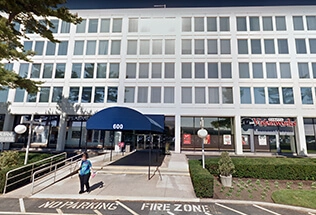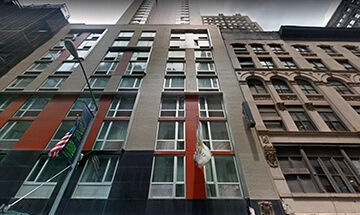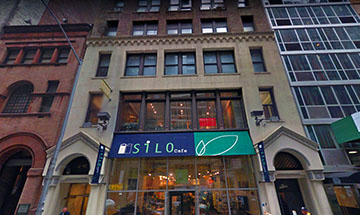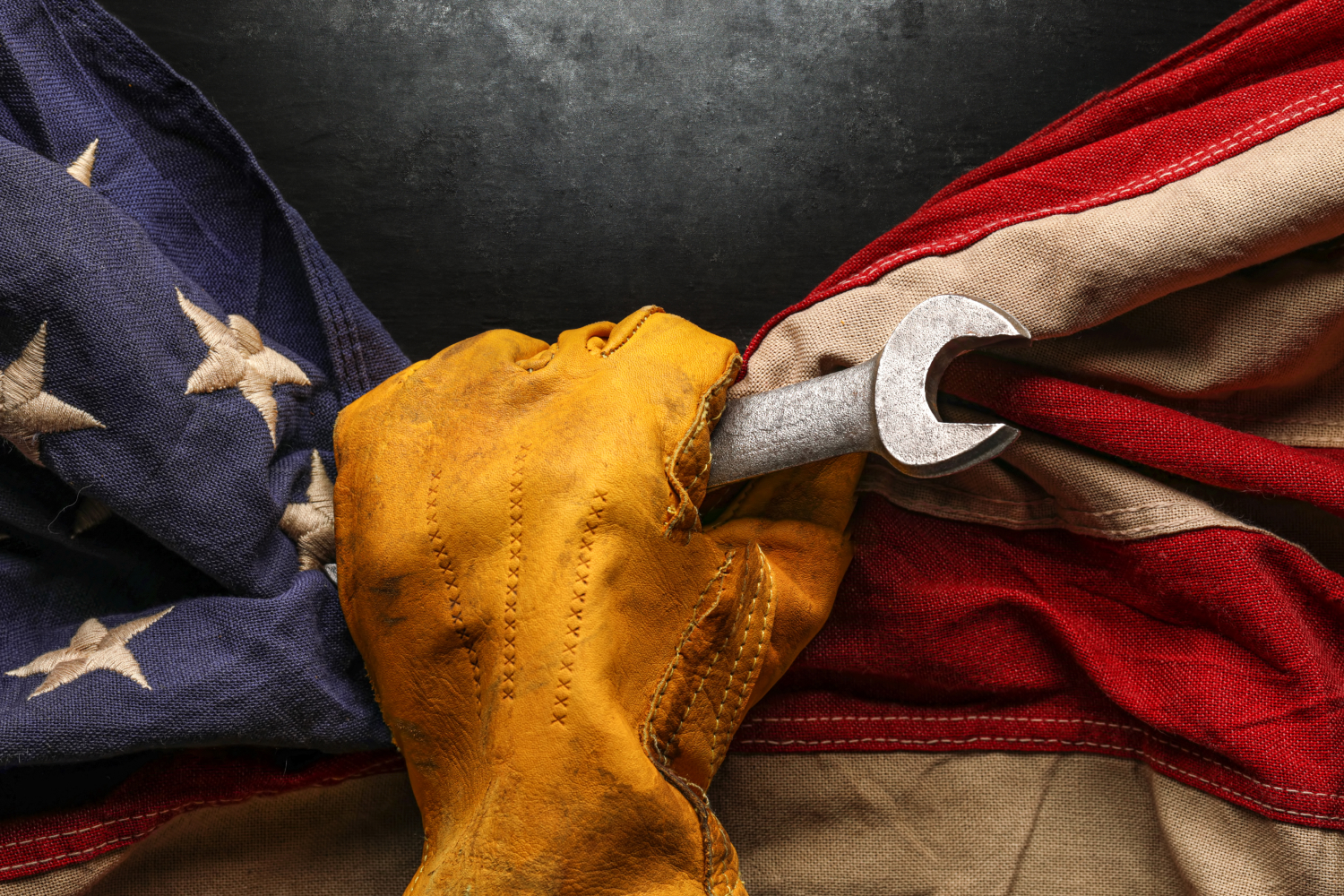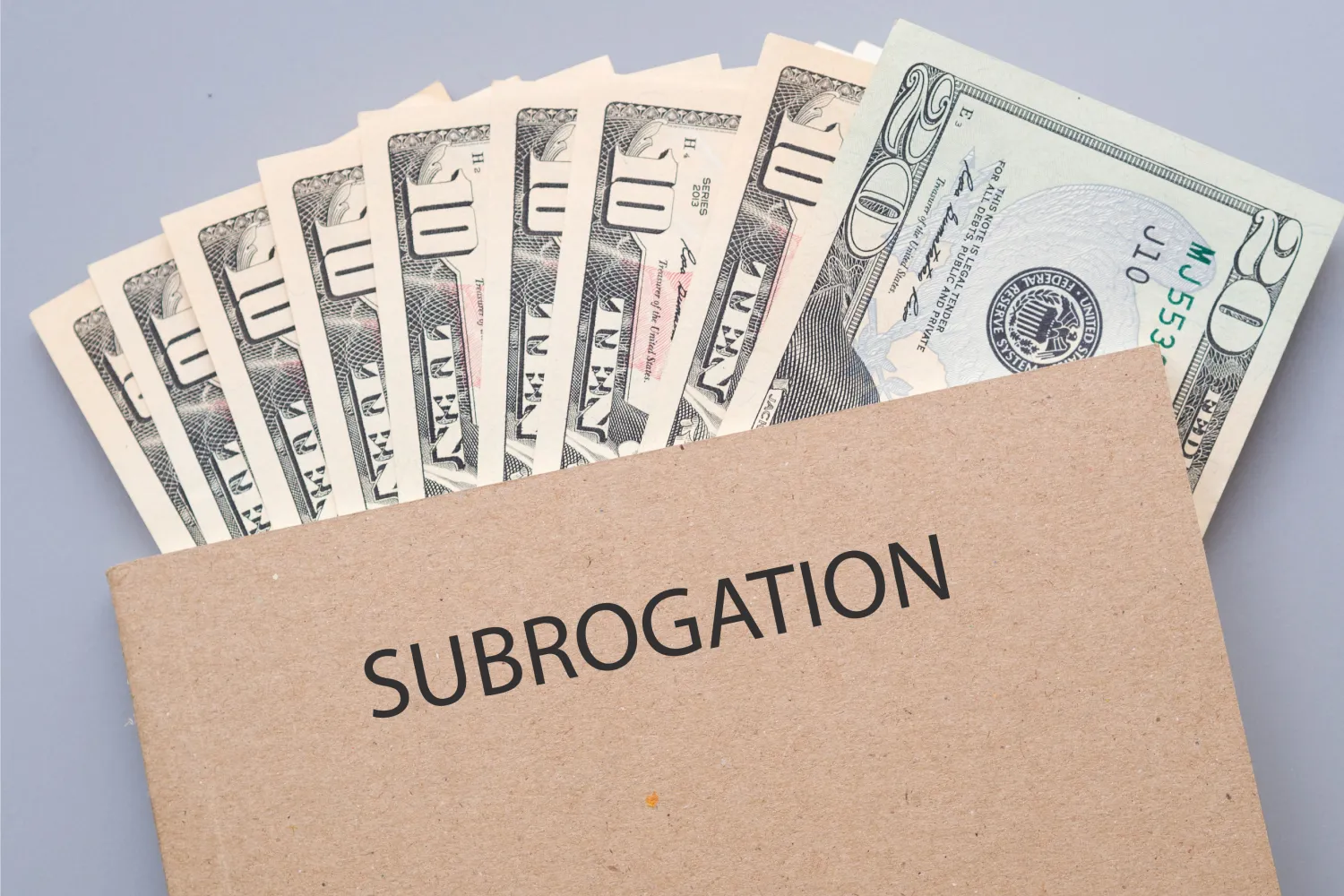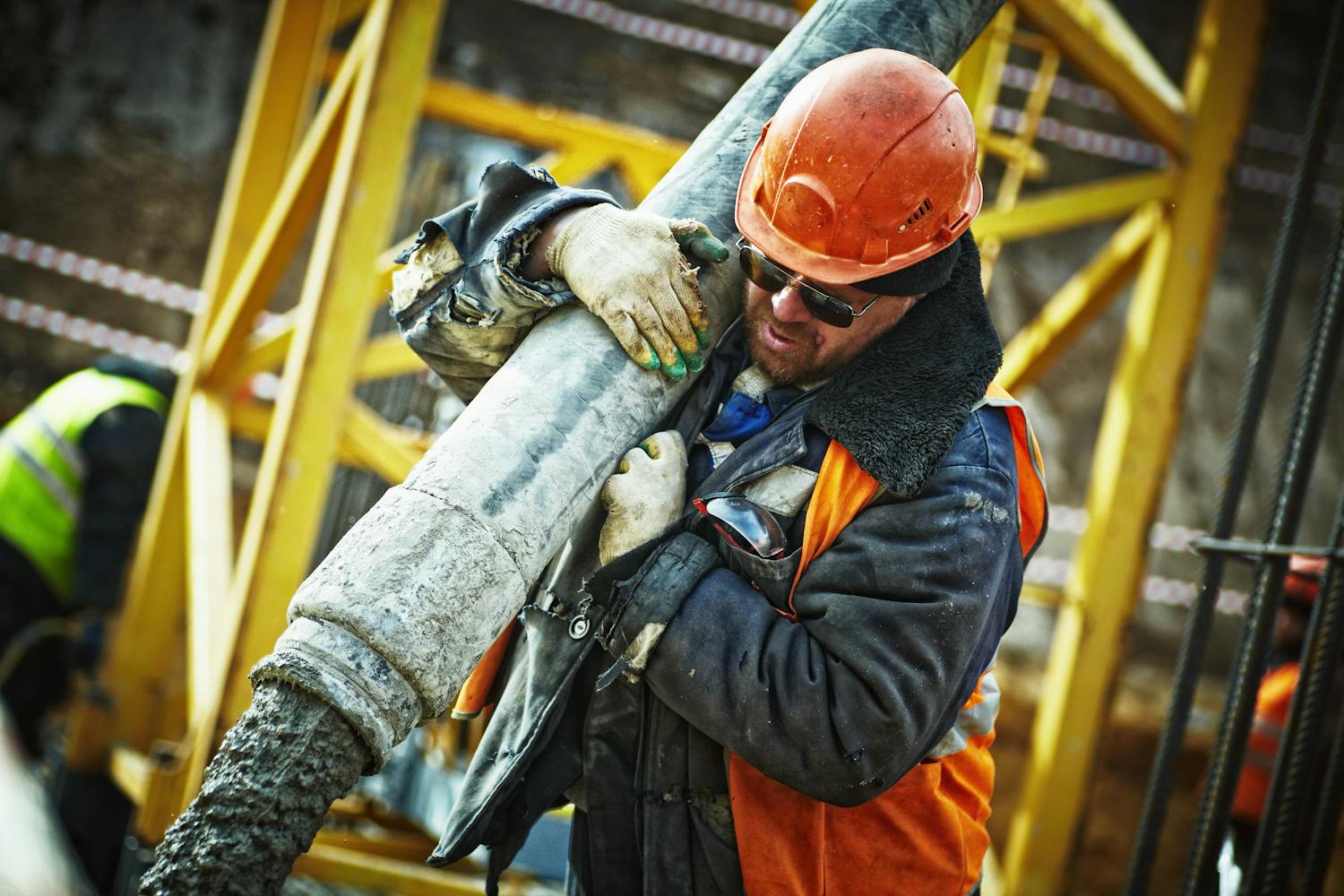When a group of workers in the same industry or occupation stands together in solidarity for the purposes of collective bargaining, they form a labor union.
For more information about what a labor union is, how it works, and why labor unions are helpful for average Americans, please read on. Alternatively, you may contact Schwartzapfel Lawyers at 1-516-342-2200 for a free case evaluation, general consultation, and/or the answers to any legal questions you have.
What Is a Labor Union?
Put simply, a labor union is a collective-bargaining organization formed entirely of workers in a particular trade, profession, industry, or even company. The purpose of a labor union is to improve the working conditions, pay, and benefits of everyone involved in the union.
You can think of a labor union as a group of workers who band together to negotiate as one unit. For instance, if a company has unfair workplace practices or doesn’t pay its employees a competitive wage, the employees can form a union and collectively agree not to work until the company pays them a respectable wage.
Labor unions may also be called workers unions, labor organizations, or trade unions. In any case, labor unions choose representatives to negotiate with employers through collective bargaining. If it’s successful, collective bargaining with a labor union usually results in better work environments, policies, practices, or pay for employees.
At the time of this writing, there are over 60 unions that collectively represent more than 14 million workers throughout the U.S. Union membership is an important part of the overall labor movement in the public sector and private sector.
Union organization usually leads to better health care, improved arbitration results, strong organized labor laws, and higher minimum wages for members compared to non-union workers.
The History of Labor Unions
The history of labor unions in the United States is well-established with records of union-like activities and labor disputes dating back as far as 1794 when Philadelphia shoemakers bargained to improve working conditions shortly after the American Revolution.
Then, in 1881, the Federation of Organized Trades and Labor Unions was formed. Five years later, in 1886, the American Federation of Labor or AFL was born as another means by which employees could band together for their collective benefits.
The right to form a union was formally established by the National Labor Relations Act or Wagner Act in 1935. This Act made it completely legal for employees to form unions, whereas previously, employers could hire third parties or even law enforcement to break up meetings between workers. This was part of a larger trend toward greater worker power and rights in the early 20th century.
Since then, the Act has helped employees stand up to their employers when they implement unfair practices or tactics. It also resulted in the formation of the National Labor Relations Board (NLRB): an independent federal agency that now helps unions and employers negotiate between them.
More recently, unfortunately, many court decisions and legislative acts have reduced the ability of U.S. workers to form unions. So-called right-to-work” laws in 27 states prevent employers from establishing contracts that require employees to join labor unions to receive or keep a job.
That said, many employees are still part of labor unions to this day. Some new unions, such as a recently-established Starbucks labor union, show that the power of collective bargaining is still crucial and desirable among most of America’s employees.
And, on a global scale, international unions are still quite strong. For instance, in each of the Scandinavian nations, more than half of private and public employees are union members (Note: In Sweden alone that number is a staggering 82%).
To learn more now at no charge, call Schwartzapfel Lawyers at 1-516-342-2200 or visit us online!
Why Are Labor Unions Necessary?
Labor unions are necessary because, unless otherwise pressured, employers in a capitalist economic system will always try to minimize their expenses and maximize their profits. One of the easiest ways in which to do this is to reduce worker pay. In theory, the employer or overseeing organization makes more money with every product sold.
If left unchecked, organizations could (and would, as history shows) abuse their employees by:
- Reducing their wages or offering them very little pay for hard/high-skill work.
- Forcing employees to work in unsafe conditions in order to cut down on costs and minimize regulatory expenses.
- Threatening employees in a variety of ways to get them to do what they wished, such as threatening to replace the employees or implementing corporal punishments.
Labor unions allow employees to fully exercise the amount of economic power they truly hold. No matter the value of a company, if every employee in that company stops working, the company can’t make a profit, and it loses its ability to do anything.
By banding together, workers gain the ability to demand of their employers such things as higher pay, better working conditions, and safer workplace practices and regulations.
Collective Bargaining Explained
The power of labor unions comes from a process called collective bargaining. With collective bargaining, all employees in a labor union agree to cease individual bargaining or negotiation attempts with their employer. For example, when an employee joins a labor union, they do not have the ability to speak to their supervisor independently about a raise.
Instead, collective bargaining requires all union members to stand as a single negotiating or bargaining unit. The labor union appoints one or more representatives to speak for the union and its members. For example, suppose a group of employees feels that they are entitled to higher pay. In that case, they may form a union, and their representative will then speak to the employer or supervisors responsible for wages to state their demands.
The key component of collective bargaining is mutual adherence to union rules. If employees stop acting as a single unit, the employer can gradually pick off members one by one by offering them higher pay, more benefits, and beyond.
How Does a Labor Union Work?
Labor unions rely on a democratic structure. That means they hold elections in which members choose officers. Officers are the overseeing members of labor unions who make decisions on behalf of everyone involved in the union. Officers can also include the representatives who bargain with employers on behalf of union members.
Labor unions get the money for their operations by requiring each employee who is a member to pay dues. In exchange, each union member gets access to the union’s resources, representative support, negotiation support, and other benefits.
Most labor unions are industry specific. For example, all law enforcement officers are part of law enforcement unions. Similarly, railway workers are part of the railway workers union. This is common among utilities, transportation, and government sector jobs.
When a group of employees wants to form a union, they get a charter from one of two national-level labor organizations: the Change to Win Federation (CtW) and the American Federation of Labor and Congress of Industrial Organizations (AFL-CIO). The latter was formed when the two groups in its name joined together in 1955.
U.S. federal law states employers must actively bargain with unions in good faith. That means they must come to the bargaining table with the intention of solving the dispute at hand in a fair and mutually beneficial way. Multiple negotiation rounds may be necessary depending on the issues at hand.
Labor unions often employ knowledgeable attorneys to help them navigate the intricacies surrounding their actions. Once the labor union and their employer have hashed out the terms of their new agreement, they write (with the assistance of attorneys) a collective bargaining agreement (also known as a CBA). This states the new terms of employment for union members, and both parties in the discussion sign the document.
CBAs can be used to reconstruct pay scales, working conditions, working hours, vacation and sick day policies, and anything else the union employees wish to make changes to. For instance, they can also be used to better secure the rights of workers, remove the chance of low wages or unfair layoffs, and improve job security.
Once signed, employers may not change an existing CBA without the approval of a union representative. Please note, however, that CBAs do eventually expire. This means that every so often labor unions and management must negotiate and sign new agreements.
What Is an Example of a Labor Union?
One of the best examples of a modern-day labor union is the National Education Association (NEA). The NEA represents teachers and other education professionals in the United States. It’s the largest labor union in the U.S., with nearly three million members.
The NEA represents all kinds of teachers, including substitute teachers, public school teachers, educational administrators, retired teachers, and even students who wish to become teachers in the future. The organization works with both local and state educational organizations to ensure adequate pay and working conditions for its members.
For more on this and related subjects, speak with a Schwartzapfel Lawyers union attorney directly by dialing 1-516-342-2200. Alternatively, you can schedule your free consultation by visiting us online today!
What Are the Benefits of Labor Unions?
The benefits of labor unions are well-known and widespread.
When you join a labor union, you gain:
- The power of collective bargaining. If you’re ever subject to abuse from your employer, your union can help you settle the matter.
- An assurance that your wage will be competitive relative to your overall industry. You don’t have to worry about your wage being too low compared to others in your same profession.
- Access to various union resources and benefits, such as legal assistance, advice for negotiating with your boss, etc.
- Assistance with finding employment.
- Protection from being fired unfairly.
Because of these benefits, many workers join labor unions in their industries as soon as they gain employment.
Does Your Labor Union Affect Workers’ Comp Benefits?
If you submit a workers’ comp claim because you were injured at work, you should know that your union membership status does not affect your benefits in any negative way.
Better yet, your labor union may provide you with negotiation support and other resources, such as qualified attorney contacts. Nevertheless, if you require assistance with your workers’ compensation claim, you’ll always be best off contacting experienced workers’ comp attorneys likeSchwartzapfel Lawyers.For more than forty years, we’ve been successfully helping thousands of New Yorkers just like you settle workers’ comp claims with their employers.W Contact us for a free case evaluation by visiting us online or calling 1-516-342-2200 today!
Contact Schwartzapfel Lawyers Today
A labor union is an important collective-bargaining alliance that workers depend on to protect themselves from workplace abuses and to ensure that they’re paid fairly. Moreover, labor unions serve as vital tools in the fight for safer working conditions and contesting workers’ compensation denials.
While your labor union can provide you with important assistance, so can skilled workers’ compensation attorneys like Schwartzapfel Lawyers. As experienced New York City legal professionals, we can assist you if your employer denies your workers’ compensation claim; additionally, we are here to help you understand your legal options if you or a loved one has been injured in the course of work-related duties.
For a free consultation, case evaluation, and so much more, call Schwartzapfel Lawyers today at 1-516-342-2200. It will be our honor and privilege to fight – and win – for you!
But, please, you shouldn’t wait. Your future is too important to put on hold. Moreover, your window to file a claim and recover the money and benefits you are entitled to may soon close forever.
To act now and protect yourself, your family, your rights, and your finances, contact Schwartzapfel Lawyers today!
DISCLAIMER: Nothing on this page should be considered legal advice. You should seek the appropriate counsel your situation requires. For more information, call 1-516-342-2200 now!
Sources:
Schwartzapfel Lawyers, P.C. | Fighting For You™™
Labor Union: Definition, History, and Examples | Investopedia



